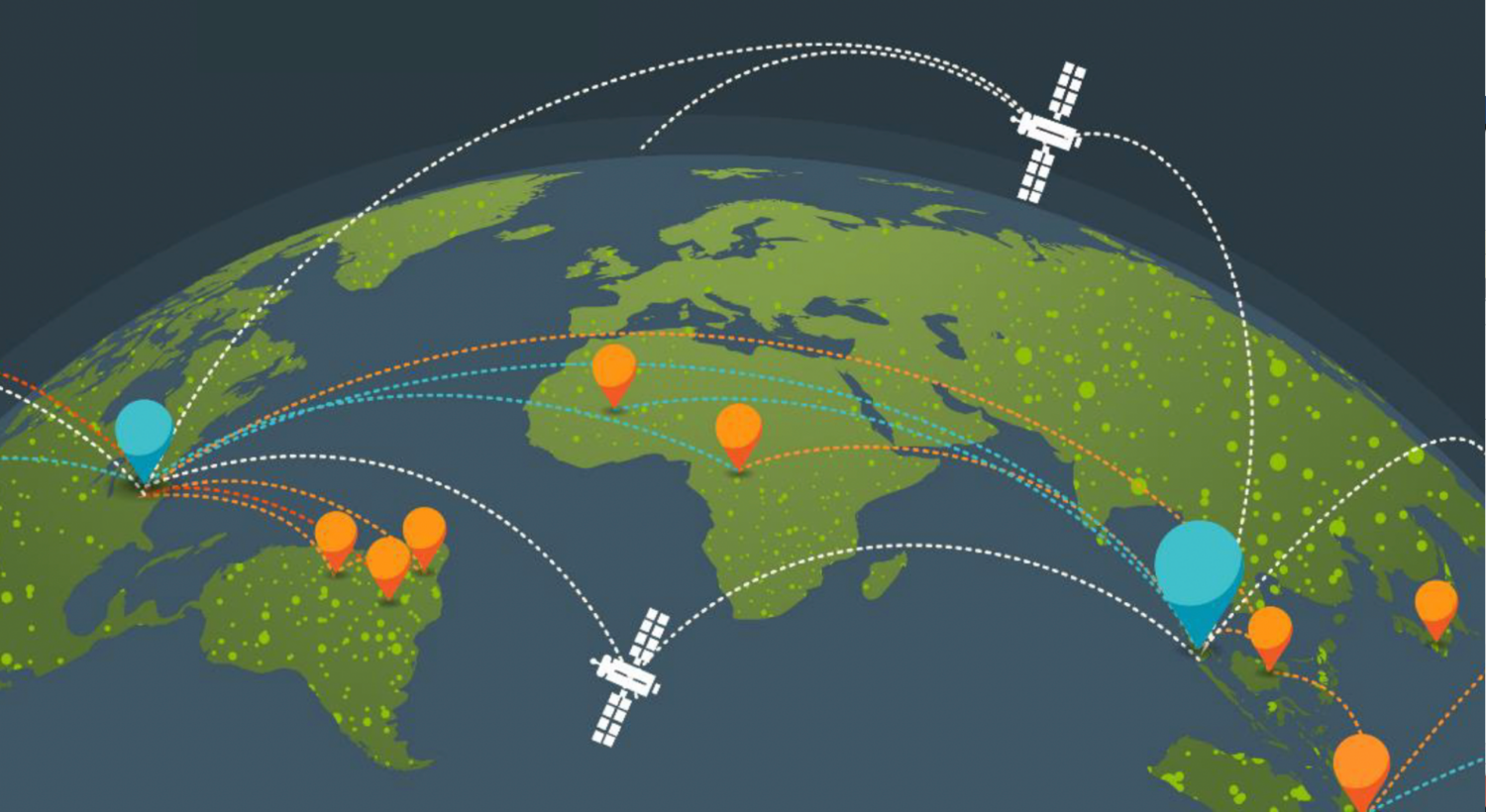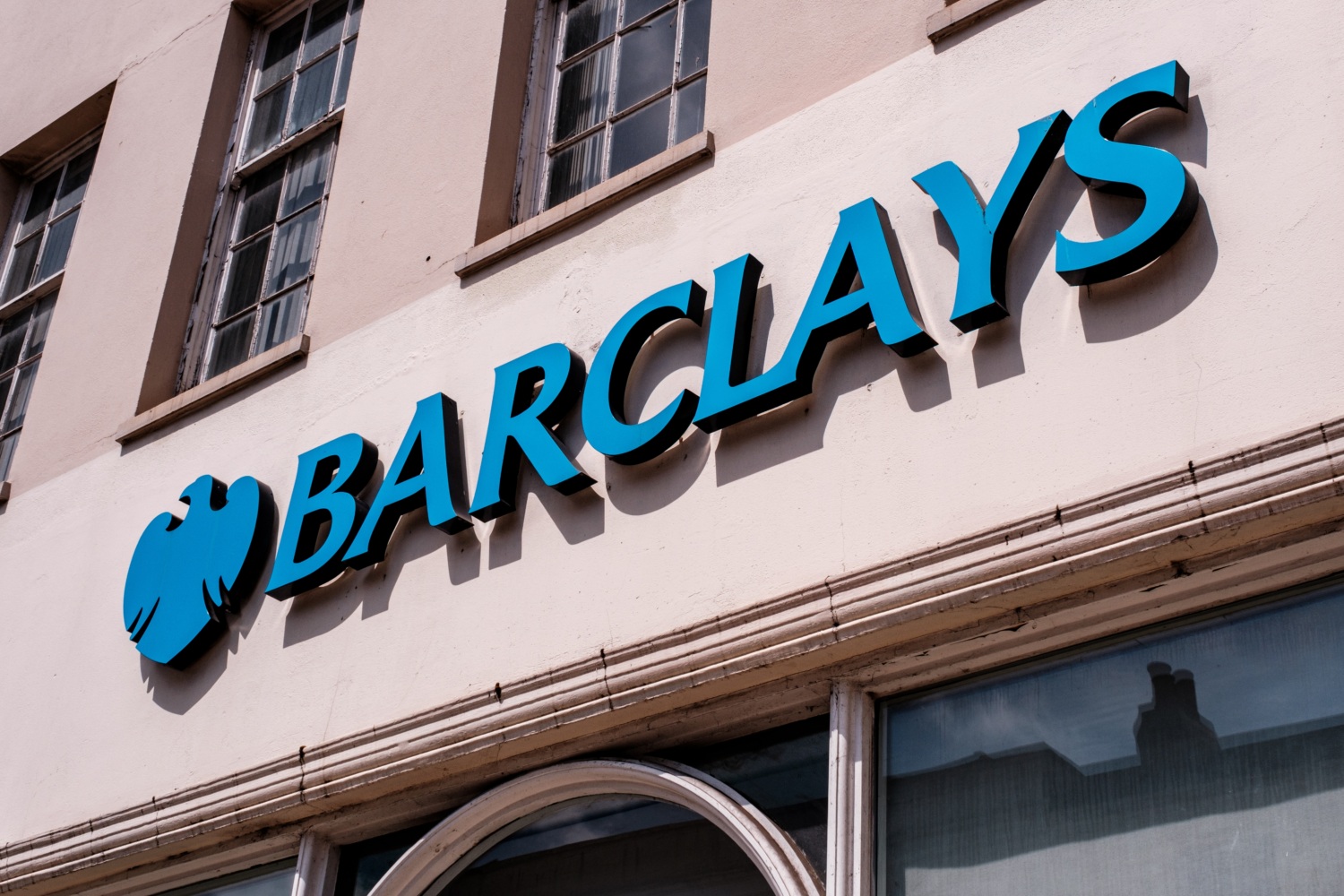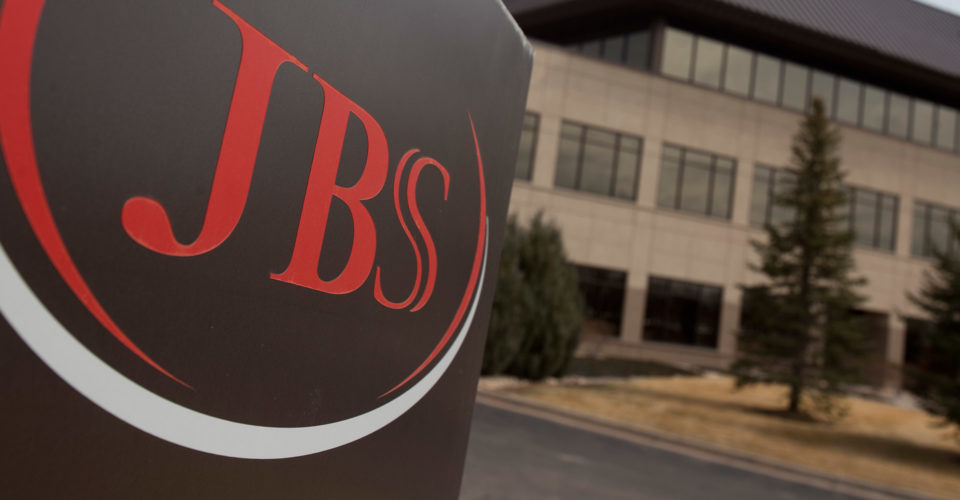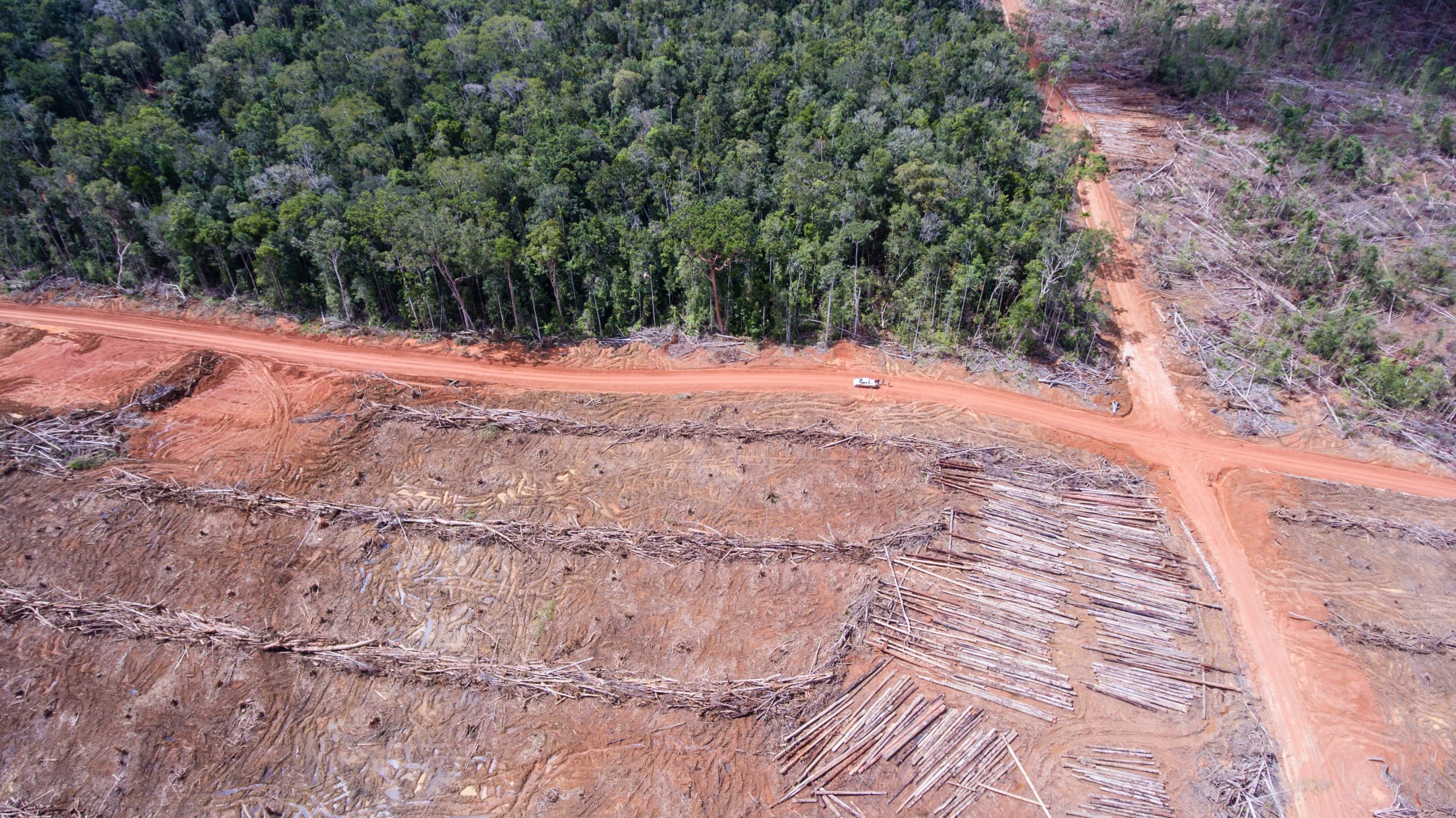
Consumer Brands Set Precedent by Suspending Samling Group
As the notorious timber and palm oil conglomerate Samling Group continues to destroy rainforests, Mighty Earth’s new scorecard reveals that many consumer brands like Nestlé and Unilever have taken action to suspend the group from their palm oil supply chains.
These actions could signal a new trend of adopting zero tolerance towards egregious groups that continue to engage in deforestation, peatland destruction and exploitation of vulnerable forest-dependent communities. However, urgent action is needed to close out markets for other rainforest destroyers like Samling.
Our Rapid Response Deforestation Monitoring system uses satellite imagery to detect new instances of deforestation and peatland development across palm oil and timber plantations in Indonesia and Malaysia. The system identified at least 1,038 hectares of deforestation since August 2017 within Samling’s concessions in Sarawak, Malaysia. This is one of the largest amounts of deforestation by any single group detected by Rapid Response over the past three years. Furthermore, the company has a long history of egregious human rights abuses.
Therefore, buying palm oil from Samling constitutes a serious violation of the No-Deforestation, No-Peat and No-Exploitation (NDPE) policies that many of the world’s largest consumer brands have adopted. Mighty Earth reviewed the publicly available palm oil mill lists of these brands and contacted 17 companies that disclosed supply chain links to Samling.
More than half of the 17 brands have taken the progressive step of instructing their suppliers to suspend Samling, earning an “A” score. These companies include Colgate-Palmolive, Danone, FrieslandCampina, Hershey’s, Nestlé, PZ Cussons, Reckitt Benckiser, Unilever and Upfield.
By issuing a clear suspension instruction to their direct suppliers, these brands have taken a preventative stance on purging Samling palm oil from their supply chains. These suspensions block potential points of leakage from other companies that continue to source from Samling, such as BLD Plantation (part of the KTS Group), even though the company has adopted an NDPE policy. They also ensure that brands are not reliant on their direct suppliers – palm oil traders – to maintain suspensions themselves on rogue palm oil producers and sends a much stronger signal upstream that non–compliant producers will not have access to the NDPE markets.
An example of an “A” score from a brand is: “We have communicated the suspension of direct / indirect supply from this group until further investigations and corrective actions are taken.”
Many other brands have failed to issue a clear directive to all suppliers to suspend Samling but have engaged with their palm oil suppliers to ensure Samling palm oil is not entering their supply chains, receiving a “B.” These companies are General Mills, Johnson & Johnson, Kellogg’s, Mars, P&G and PepsiCo.
An example of a “B” score from a brand is: “We identified potential links through several of our direct suppliers. We reached out to all suppliers with potential links to Samling and confirmed that all have either suspended or will not engage Samling in their supply chains.”
Avon and Mondelēz International have failed to respond to Mighty Earth’s repeated emails, earning an “F.”
In total, 88% of brands in our scorecard have taken varying levels of action to expel Samling palm oil from their supply chains. Notably, these consumer brands acted largely as a result of the evidence of Samling’s ongoing deforestation for timber plantations rather than for palm oil production. Doing so demonstrates that brands have begun to understand the need to implement a group-level, cross-commodity approach to eradicating deforestation from their supply chain. For true transformational change, brands should exclude groups from their supply chains that continue to engage in deforestation and human rights abuses, regardless of what commodity was the driver of the violations. In the end, the profits from commercial purchases go to the group’s owners or beneficiaries, who use them to continue their destructive practices and/or expand their business.
However, more action is needed. Samling continues to destroy rainforest and has not adopted a group-wide NDPE policy or committed to remediate past destruction and abuses. Other tycoon-owned Sarawak logging and palm oil conglomerates such as Rimbunan Hijau Group and Shin Yang Group continue to clear rainforest in Sarawak and are still in the supply chains of major palm oil traders and consumer brands.
The Samling case illustrates the value of transparency. Based on companies’ public mill lists, Mighty Earth was able to communicate with key buyers of Samling and enable them to take action. Those brands whose supply chains remain hidden from public view remain at severe risk of having rogue actors like Samling lurking in their supply chains. They cannot guarantee consumers that they have proper due diligence processes in place to eliminate deforestation and human rights violations from their supply chains. For example, brands such as McDonald’s, Burger King, Starbucks and Yum Brands! have refused to release any publicly available information about the mills that they’re sourcing their palm oil from.
Until consumer brands commit to true traceability, transparency and implementation of their NDPE policies, palm oil from unethical suppliers like Samling will continue to infiltrate the supply chains of many of the brands we know and love.
|
Consumer Brand |
Grade |
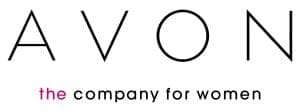 |
F |
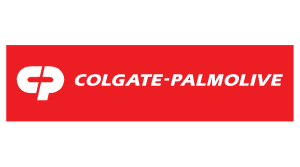 |
A |
 |
A |
 |
A |
 |
B |
 |
B |
 |
B |
 |
B |
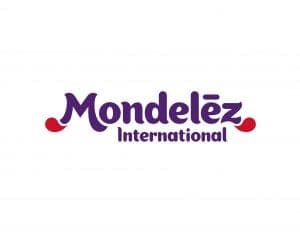 |
F |
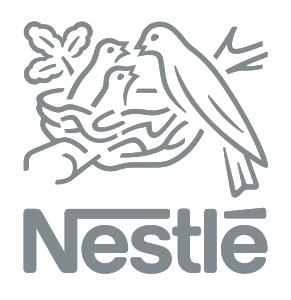 |
A |
 |
B |
 |
B |
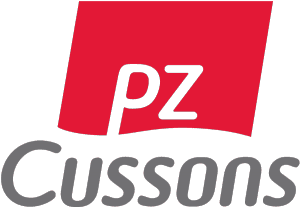 |
A |
 |
A |
 |
A |
 |
A |
 |
A |
Note to Readers
Our scoring rubric for evaluating company actions in response to Samling’s record was as follows:
A: Full Suspension
Company has communicated a “no-buy” requirement to their palm oil suppliers to ensure Samling is excluded from their supply chains
B: Partial Suspension
Company has not issued a formal “no-buy” requirement; however, the company has taken other significant action to ensure Samling palm oil is excluded from their supply chain
C: Engagement
Company is engaging their suppliers on the issue of Samling
F: No response
Company has not responded to Mighty Earth’s emails
